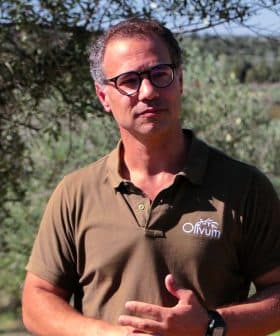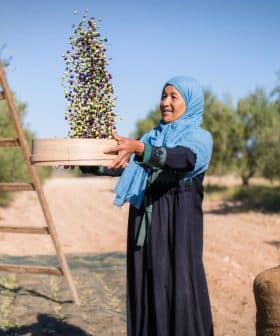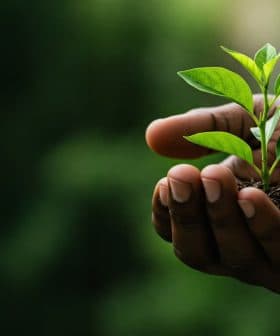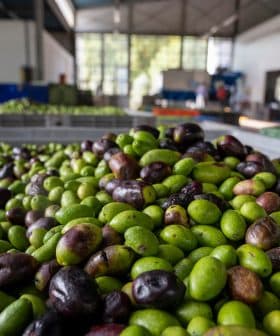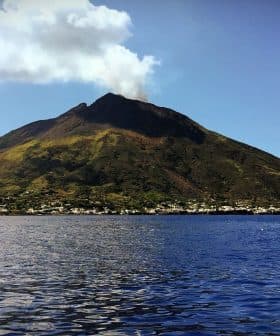Developing Nations Leave Controversial COP29 Disappointed
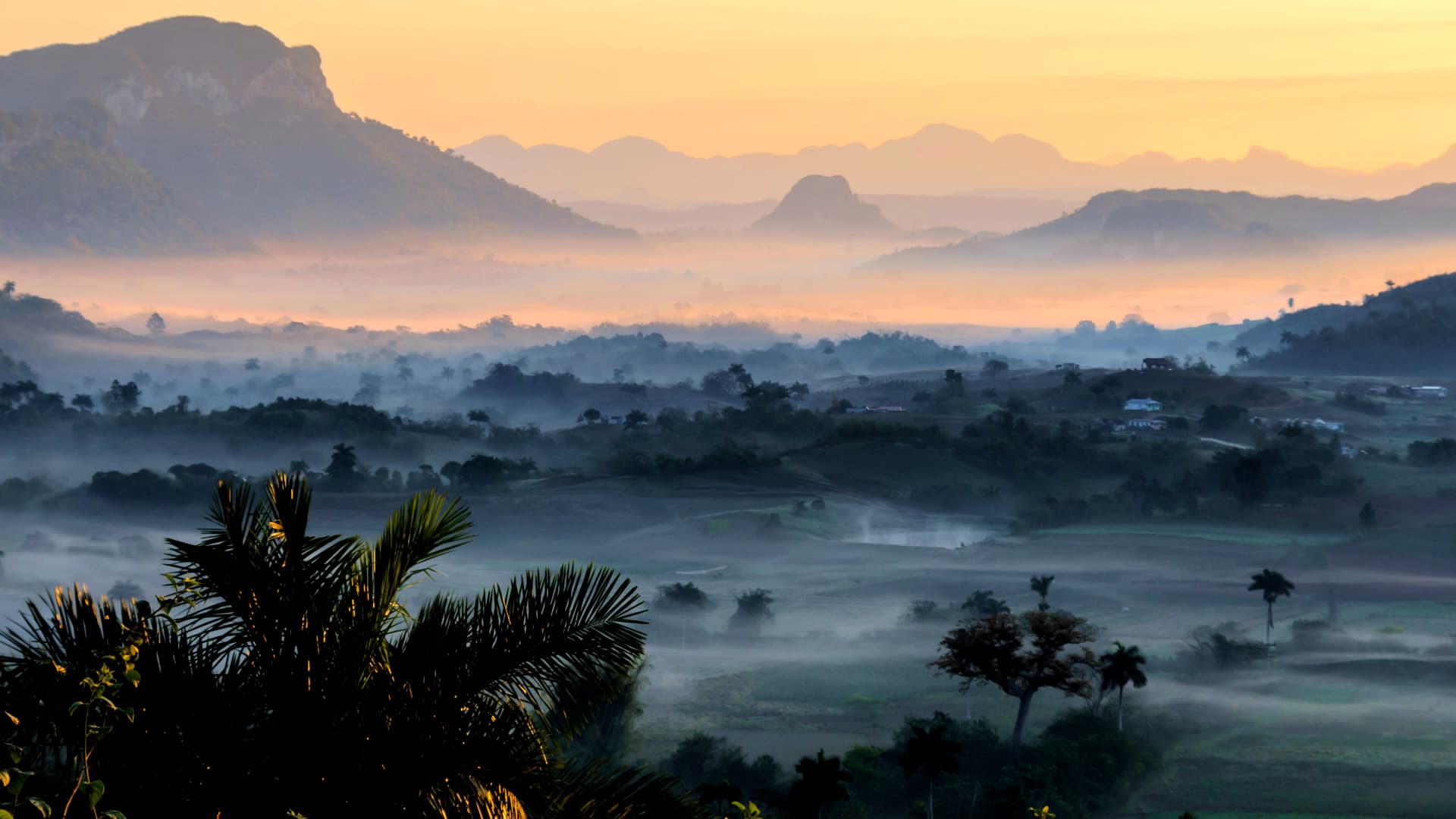
At COP29, nations agreed to increase climate funding to $300 billion annually by 2035, with the deal reached in Baku after negotiators convened for 33 hours beyond schedule. Developing nations expressed disappointment with the funding amount, but ultimately accepted the deal due to global socio-political uncertainties, while also agreeing to initiate a global carbon credit trading system.
In a year marked by heat extremes, attending nations at the Conference of the Parties (COP29) climate summit agreed to increase funding to $300 billion (€285 billion) annually by 2035 to support climate-vulnerable countries.
The COP29 deal was struck dramatically in Azerbaijan’s capital, Baku, with negotiators dragged into a room just before the talks collapsed to continue convening for another 33 hours beyond schedule to reach a compromise.
Funding from the world’s wealthy nations to low-income countries and small island states to cope with the effects of climate change and fund their green transition currently amounts to $100 (€95) billion per annum.
See Also:World Leaders Snub COP29, Jeopardizing Climate ActionThe agreement reached in Baku is the biggest in COP history regarding funds allocated to developing nations, with wealthy and high-income countries pledging to ‘take the lead’ in mobilizing the $300 billion funding.
China, the world’s second-largest economy and biggest polluter, also agreed to contribute to the COP29 kitty.
Nevertheless, the COP29 deal failed to meet the expectations of low-income developing nations looking to secure $1.3 (€1.2) trillion in annual funding. The amount aligns with economists’ advice to COP29 participants to exceed $1 trillion (€950 billion) in climate finance.
“It is a paltry sum,” said Chandni Raina, a member of the Indian delegation, referring to the $300 billion package. “I am sorry to say that we cannot accept it. We seek a much higher ambition from developed countries.”
The African Group of Negotiators (AGN), representing all African countries at the COP29 summit, also hit back at the agreement, saying that the COP29 finance pledge is “too little, too late.”
Representatives of other developing countries were also skeptical about the COP29 finance agreement, but without completely dismissing the deal.
“We are leaving with a small portion of the funding climate-vulnerable countries urgently need,” said Tina Stege, the climate envoy of Marshall Islands, a chain of volcanic islands and coral atolls in Oceania. “It isn’t nearly enough, but it’s a start.”
Simon Stiell, the Executive Secretary of U.N. Climate Change, acknowledged that the COP29 deal was far from perfect.
“No country got everything they wanted, and we leave Baku with a mountain of work still to do,” he said.
Wopke Hoekstra, on the other hand, the E.U.’s climate commissioner, told smaller and low-income countries he was “confident we will reach the $1.3 trillion”.
According to The Financial Times, developing countries finally conceded to the deal due to the uncertain global socio-political environment.
“Fears about stretched budgets around the world and the election of Donald Trump… drove the developing countries into acceptance of the slightly improved package,” the British newspaper wrote.
Besides scaling up climate financing, COP29 participating countries agreed to initiate a global carbon credit trading system.
The trading scheme will enable big polluters to buy carbon credits (one credit represents one metric ton of greenhouse gases) from decarbonization schemes in developing countries, such as renewable energy projects and rainforest protection, and count the reduction in atmospheric CO2 emissions towards their climate targets.
COP29 also failed to deliver a clear plan on how countries will fulfill the landmark agreement reached at COP28 last year to move away from using fossil fuels for energy production and increase their renewable energy sources.
COP30, the next global climate conference of the United Nations, will take place in November 2025 in the Brazilian city of Belém in the Amazon rainforest.


